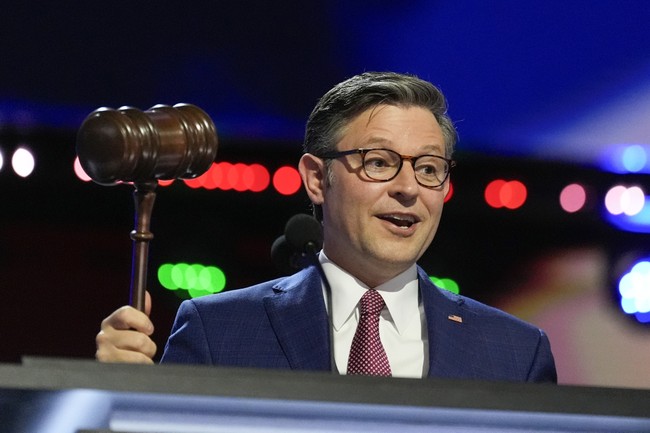Unprecedented Challenges at COP29: Climate Finance
The intense negotiations at COP29 highlight the complexities of climate finance as developing countries demand more contributions from wealthy nations amid global political tensions.
Published November 14, 2024 - 00:11am

Image recovered from arabnews.com
The COP29 climate summit in Baku has become a focal point for intense negotiations centered on climate finance and the urgent need for financial contributions to aid developing nations. The conference, gathering nearly 200 countries, aims to secure a formidable deal that will finance climate projects globally, with figures potentially reaching trillions of dollars.
The agenda includes replacing the expiring $100 billion annual pledge from wealthy nations initiated in 2009 to support developing countries. With this sum now recognized as insufficient, discussions are mobilizing around establishing a higher target. Yet, hesitation persists among contributing countries about committing to an amount without clear consensus on which nations will pay. A multi-tiered financing model is under debate, involving both public funds from developed countries and additional support from multilateral institutions and private investors.
Adding complexity is the anticipated impact of Donald Trump's recent electoral victory, which casts doubt on the U.S.—one of the largest climate finance donors—continuing its financial participation. Such a shift could hamper progress on a new global target, especially given the U.S. contributed almost $10 billion to international climate finance last year, trailing behind the European Union's contributions.
China, currently opposing pressure to join financing efforts as a developed state, asserts its status as a developing nation with different historical responsibilities. Despite heavily investing in green energy technologies, China's stance poses major implications for reaching a consensus at COP29, where any agreement demands unanimous approval from participating countries. Without mutual agreement, countries might present inadequate climate plans under financial constraints, jeopardizing efforts to limit rising global temperatures.
Further compounding negotiations, recent pledges by major development banks to increase funding to $120 billion by 2030 are seen as positive, yet insufficient gestures. While lending institutions are stepping up, there's widespread acknowledgment that additional effort is required from both developed and developing nations' governments and corporations. Notable climate finance advocates argue that while such announcements are encouraging ‘shots in the arm,' they are not substitutes for deeper financial commitments necessary to address these urgent needs.
The broader landscape of COP29 sees more challenges with differing national responses to climate finance and emissions reductions. A stark new report suggests required timelines for reaching net-zero emissions have narrowed significantly. Researchers advocate the need to achieve carbon neutrality by the late 2030s to maintain the Paris Agreement's ambition, as emissions hit unprecedented highs.
Many world leaders express the critical situation faced by climate-vulnerable countries. Speeches from representatives of small island nations illustrate the desperate realities of those on the front lines of climate impact, emphasizing the urgency for a financial response commensurate with historical emissions responsibility. Some leaders, encouraged by advanced democracies with longer industrialized histories, criticize developed nations for neglecting emissions reductions while continuing fossil fuel reliance.
Reflecting these dynamics, significant tension revolves around reconciling demands for climate finance exceeding $1 trillion annually with existing financial obligations. Claims surface that richer countries must do more while emerging economies, such as China and wealthy Gulf states, are urged to contribute fair shares. The situation underscores the imperative for innovative finance sourcing, including potential private sector contributions, despite skepticism about the feasibility and pace of such strategies.
As COP29 progress teeters, the climate diplomacy remains delicate, with existential stakes for countries most threatened by climate change. Achieving equitable resolution over these financial commitments and enabling comprehensive global strategies for climate mitigation and adaptation could dictate the planet's climate future.







